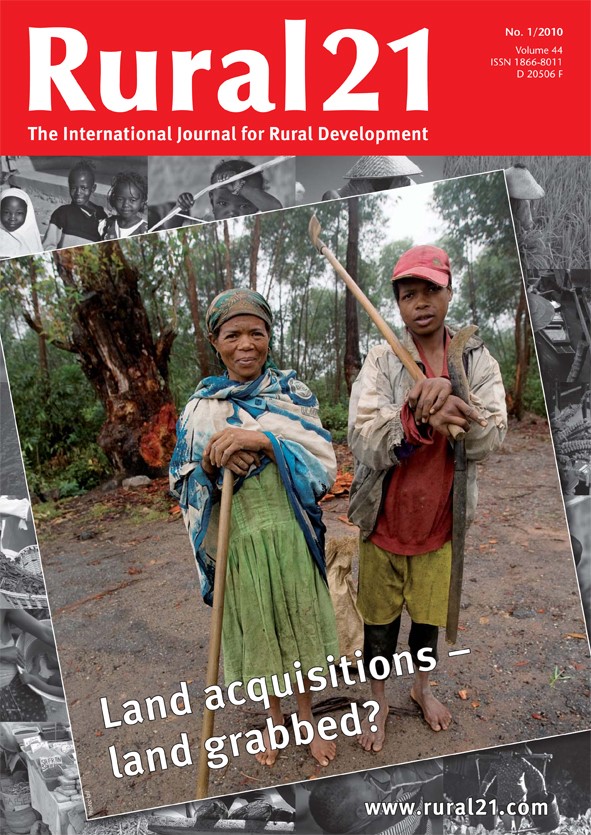Pobreza Rural en América Latina: teorías y estrategias de desarrollo
En este ensayo se analizan los principales enfoques sobre la pobreza con sus diversas orientaciones e implicaciones para las políticas públicas. Se argumenta que la pobreza se produce y reproduce a través de ciertas relaciones económicas, sociales, políticas y culturales existentes a nivel local, nacional y global. Para superar la pobreza y la desigualdad es necesario cambiar tales relaciones sistémicas a través de reformas significativas en todos estos niveles.





